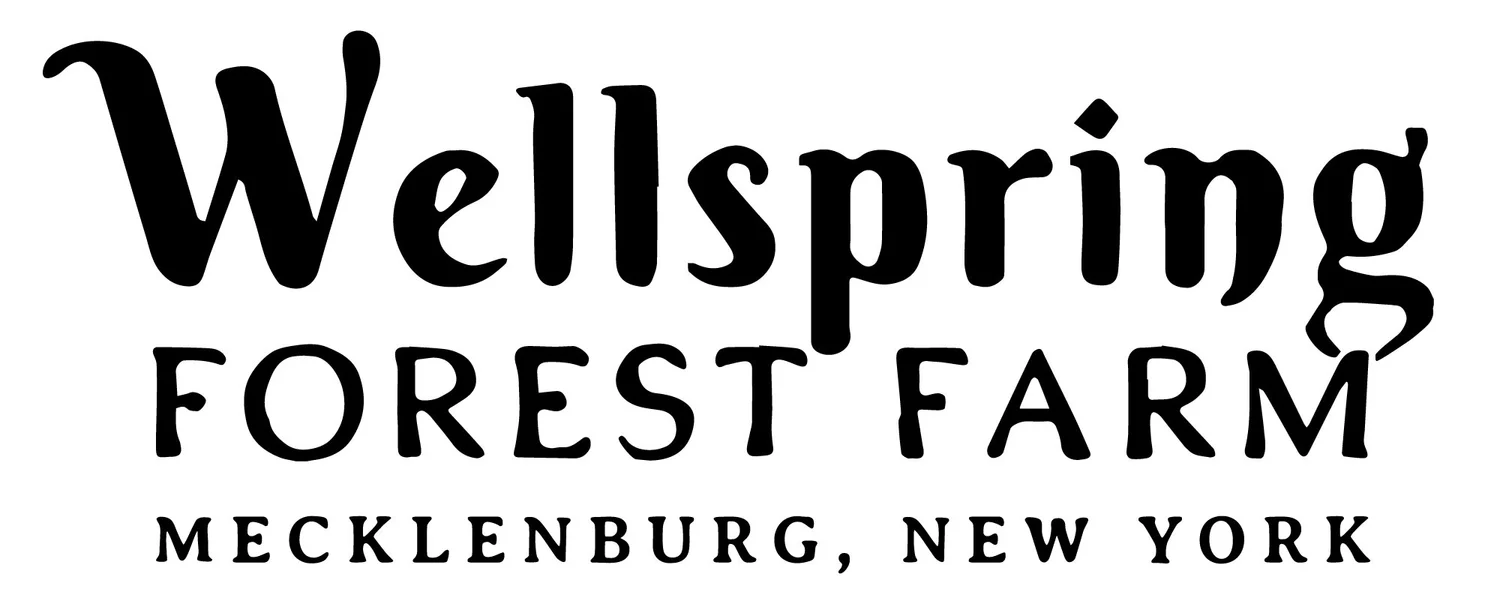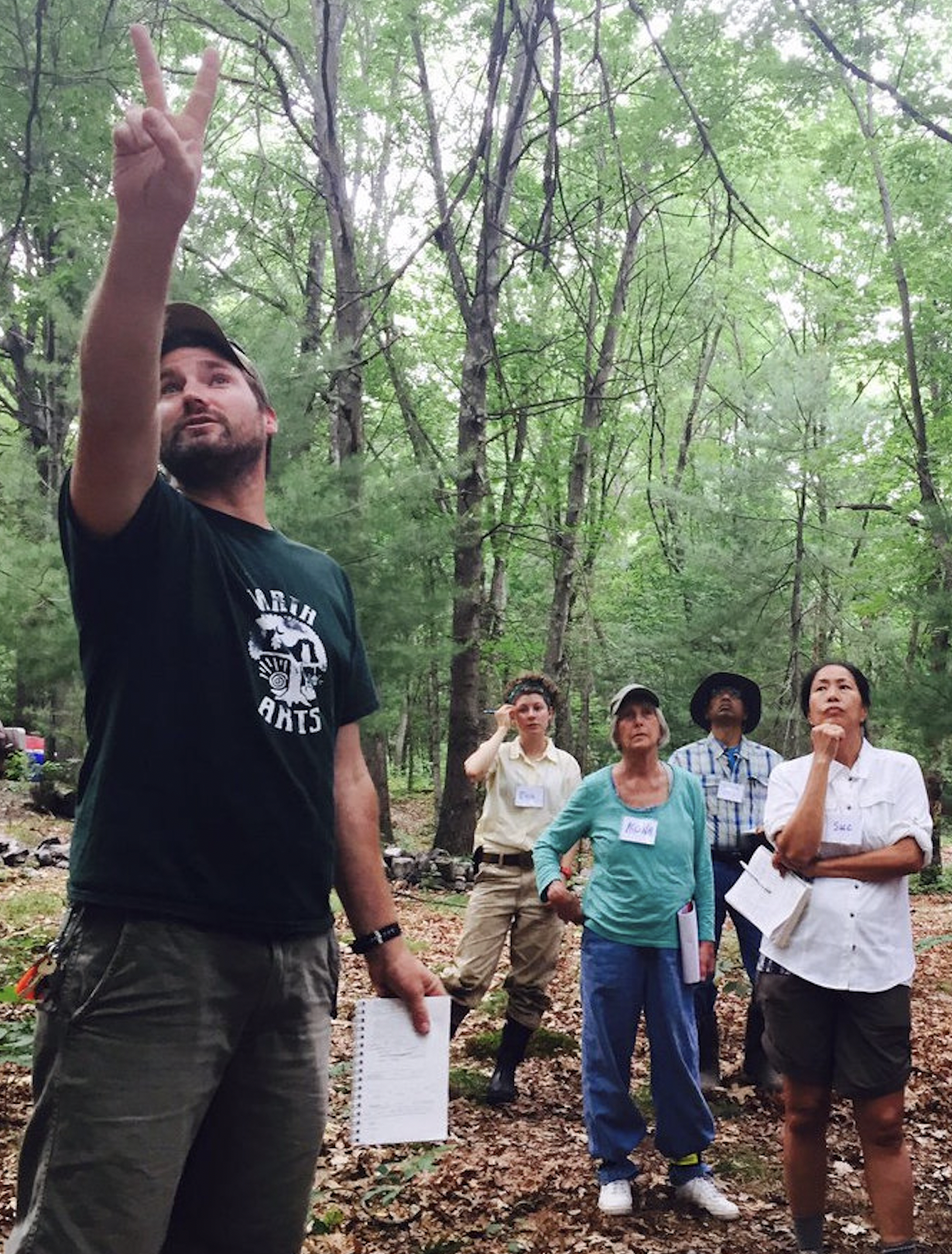Consulting
Rooted in two decades of hands-on farming, teaching, and ecological design, I help people create landscapes that are productive, resilient, and deeply connected to place.
As a grower, educator, and consultant, I’ve guided hundreds of farmers, homesteaders, landowners, nonprofits, and community groups through decisions that shape their land stewardship process for decades.
My approach blends practical experience with systems thinking: agroforestry, silvopasture, mushroom cultivation, water management, tree selection, and long-term planning. I specialize in helping people move from confusion to clarity, and from overwhelm to a grounded plan they can confidently implement.
-
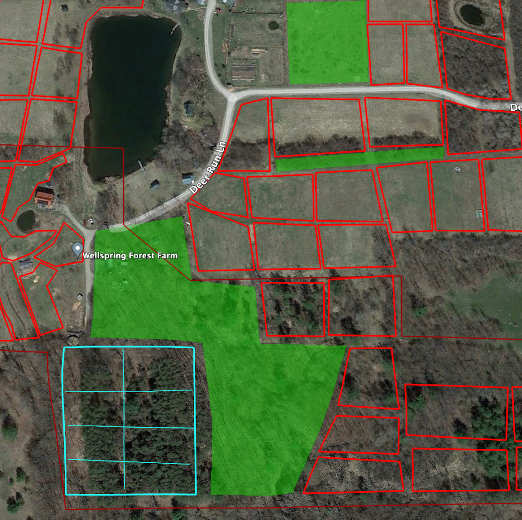
Land Planning
Assess for Purchase
Forest and Pasture Health
Contour / Water Management
-
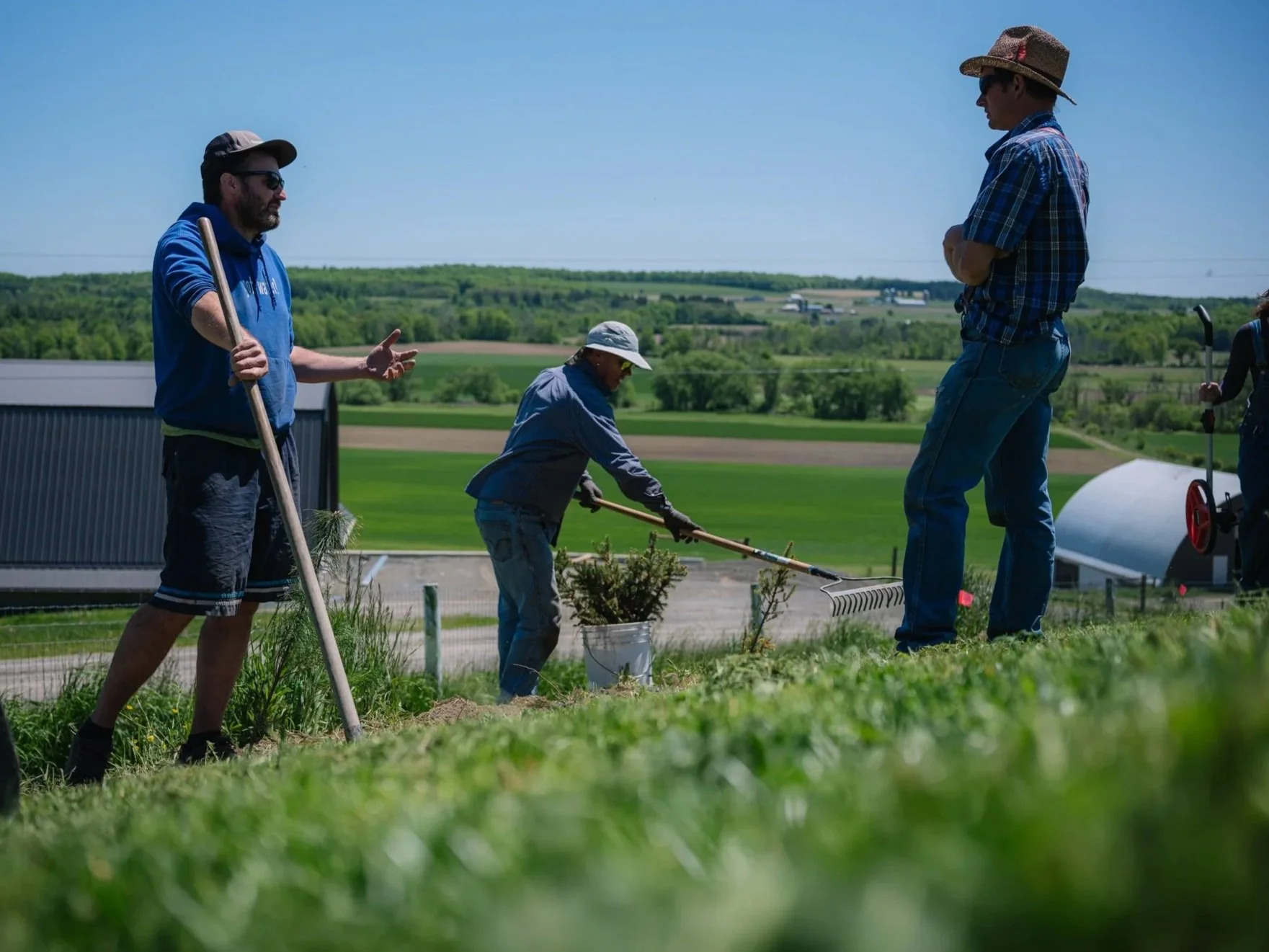
Agroforestry
Silvopasture Systems
Tree Planting Plans
Tree Crops
-
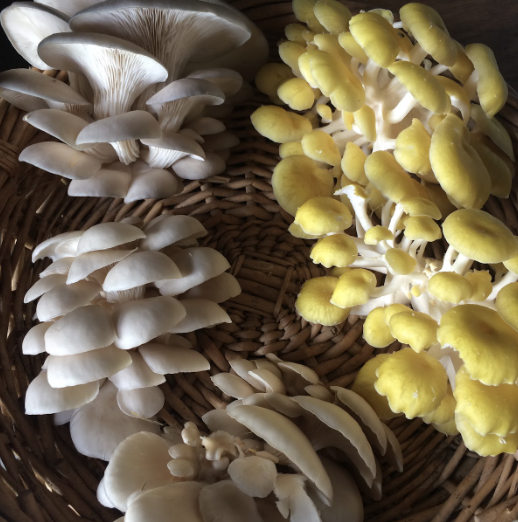
Mushrooms
Cultivation Methods
Facility Layout and Design
Business Planning
Having personally been on the journey of land stewardship for the past 20 years, my approach to consulting is to seek solutions that meet your goals while supporting the restoration of healthy ecosytems.
My skillset lies at the intersection of education, facilitation, and the more technical aspects of land use planning such as mapping, planting plans, etc.
I listen closely in our conversations and reflect back what I hear as important. I work to clarify and deepen your goals, and I always advocate for approaches that fit best with the realities of your situation, given what you might have available as far as time, capital, and experience.
I am honest and direct with what I am able to offer, and I will be clear when I don't think I am the best fit for your needs. I do not sell you promises of everything working perfectly, as I believe it's essential to be realistic about the challenges of making systems work.
Exploratory Call
Most projects start with an exploratory call (90 minutes) over ZOOM, using Google Earth and other documents you have have to look at the site or conditions.
The call is followed with a short email summarizing potential next steps and billed for 2.5 hours at your rate.
Payment is requested within one week of providing the summary and invoice.
Before the intake, it's very helpful if you email me a simple boundary map of the site you want to discuss. (or floor plans of a building if relevant). The video shows you how to make and export a file you can email to me.
Projects
Site visits and deeper project work is dependent on my current client load and the time of year. My greatest availability is November through April, since there is less demand on our farm at that time. Any consistent work on a project will be articulated in a scope of work and agreement signed by both parties before work begins.
Much planning and project work can be done virtually using Zoom, Google Earth and other platforms. If a site visit is desired or necessary, availability depends on the time of year and distance of travel. Mileage or other transportation costs, meals, and hourly rates will apply and be laid out in a scope of work.
Rates
To help meet our goals for equity, we offer tiered pricing based on individual income, or the operating budget of the smaller organization/company. Note that these rates are subject to change depending on the situation. For larger corporate, investor, and research related projects, we typically bill on a case-by-case scenario from $200+/hr depending on the beneficiaries.
We do not ask for proof - we expect your honesty. Those with more means help us reach and support those with less. We aim to not turn anyone away for a lack of funding and do a limited number of pro bono community projects each year.
We also have solidarity discounts on these rates for individuals and organizations who have been historically marginalized, especially in food and agriculture, including BIPOC and Indigenous, and LGBTQAI+ identified folks. Reach out via email to learn more.
General Terms:
Meetings, calls, email communication are all tracked and billed hourly.
Educational events are typically billed at 2 - 4x the hourly time of the event, to account for preparation time. A scope of work will be developed for anything beyond a one-time presentation.
Projects are estimated in terms of time, materials, and travel costs and provided in a Scope of Work. When the Scope of Work is agreed upon and signed, payment of 10% of the estimate is due to be paid. This serves as a retainer. More than 10% beyond the Scope of Work estimated will require discussion and the Scope of Work will be renegotiated and signed by both parties.
Ready to get in touch?
If you’d like to discuss further or see if there are openings, please feel free to contact Steve at stevegabrielfarmer@gmail.com with “CONSULT REQUEST” in the subject line, or call 607.342.2825
Current and Previous Clients Include:
Ecological Farmers Association of Ontario
Food Animal Concerns Trust
Savannah Institute
Hungry World Farm
Jorgensen Farms
Handsome Brook Farms
Mercy for Animals / Transfarmations Project
Sterling College
Omega Center for Sustainable Living
Northeast Organic Farming Association
PASA Sustainable Agriculture
Stone Barns Center
Real Oxford Farming Conference (UK)
National Organic Training Skillnet (Ireland)
Association for Temperate Agroforestry
Cornell University
ACRES USA
Agri-Dynamics
Appalachian Sustainable Development
Northeast Sustainable Agriculture Research and Education
Over 150 private farmers and landowners
